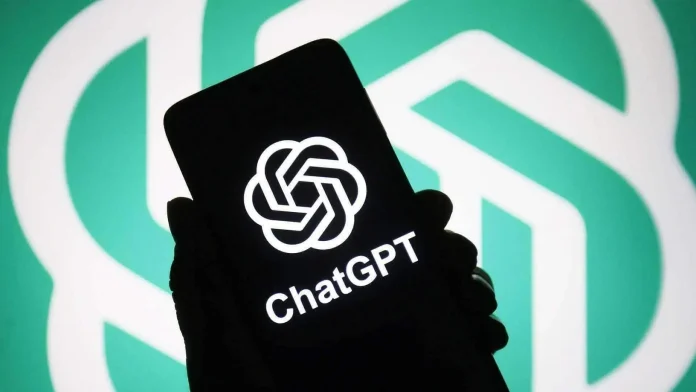ChatGPT’s Memory Feature Now Available to Free Users — Here’s What’s New
OpenAI has started rolling out an upgraded memory feature to users of the free version of ChatGPT—an option previously reserved for those on the Pro plan. This enhancement allows the chatbot to deliver more personalized and context-aware responses by recalling user preferences and recent interactions.
Initially announced in April, the expanded memory feature is being gradually introduced to a wider audience. With this update, ChatGPT can better assist users with tasks like writing, studying, and decision-making by referencing recent conversations. In a statement on X (formerly Twitter), OpenAI said, “We’re starting to roll out a lightweight version of memory improvements to Free users. In addition to existing saved memories, ChatGPT now references your recent conversations to provide more personalised responses.”
Curious users can test the feature by asking ChatGPT, “Describe me based on our chats.” While it won’t recall interactions from long ago, it can retain relevant details from more recent sessions.
For users who prefer not to use this functionality, memory can be easily managed or turned off. To do so, navigate to Settings > Personalization > Memory, where you can disable memory completely or review and delete saved information.
Codex Access Expanded for Plus Users
In a related update, OpenAI has also broadened access to its Codex coding assistant. Previously available only to Enterprise, Team, and Pro subscribers, Codex is now open to ChatGPT Plus users. The tool helps developers write, debug, and test code more efficiently.
One of Codex’s newest capabilities is internet access during coding tasks. With this feature enabled, Codex can install libraries, interact with testing environments, and retrieve external resources needed for development. However, this function is turned off by default and must be activated manually. Users can customize permissions, specifying which domains Codex can access and which HTTP methods it may use.
OpenAI emphasized that it is monitoring the feature closely to prevent misuse, such as prompt injection attacks, ensuring the assistant remains secure and reliable for all users.



 Viesearch - The Human-curated Search Engine
Blogarama - Blog Directory
Web Directory gma
Directory Master
http://tech.ellysdirectory.com
Viesearch - The Human-curated Search Engine
Blogarama - Blog Directory
Web Directory gma
Directory Master
http://tech.ellysdirectory.com